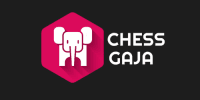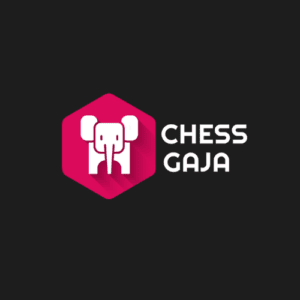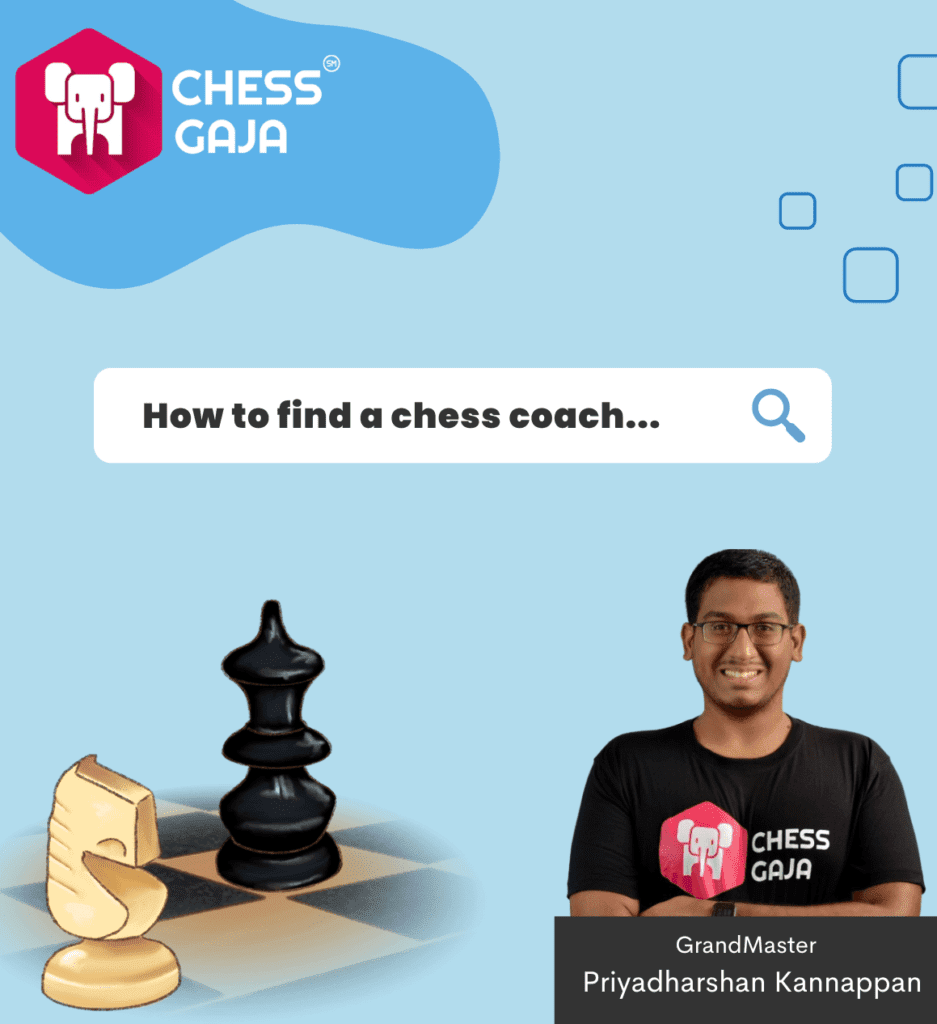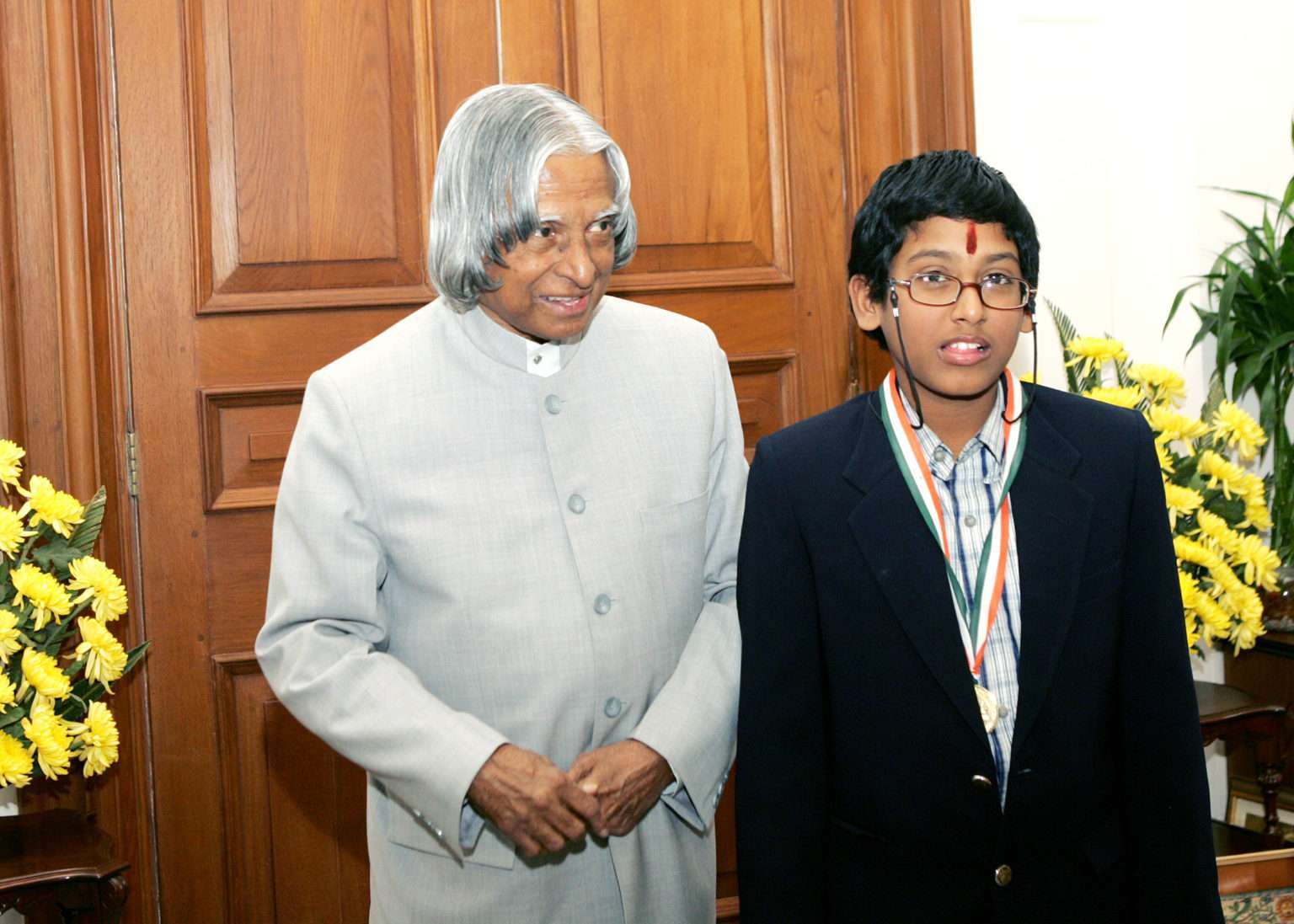One of the most important things in chess learning and improvement is having a chess coach.
A coach can help you improve your chess skills and knowledge and can inspire you to be a better player and human being.
So how do you go about finding a great chess coach that suits your requirements?
Normally, we use the following methods to find a chess coach:
- Ask our friends and family for suggestions
- Search on Google
- Look at Coach Listing Website and Directories
- Clicking the ads that pop up in your search
These could be good starting points to identify a few coaches, but when every chess player out there advertises themselves as a chess coach, how would you end up choosing a coach that would work the best for you or for your kid?
As a Chess GrandMaster and FIDE Trainer and the founder of Chess Gaja Academy. I have worked with 1000s of chess students of different chess levels across the world, and have interacted with professional chess coaches across the world, and I want to give you a checklist on how you can find the best chess coach that suits your requirement.
1)Make sure the coach is professional
Professionalism involves being reliable and showing that you care about every aspect of your job. When you are looking for long-term chess coaching, choose a coach who is a full-time coach and not a part-time coach, as many coaches juggle between active playing and coaching. In such situations, the coach cancels their classes and puts their chess interests ahead of the student’s chess interests.
It’s better to have class continuity, and not constant breaks from the classes, as that would kill the interest level of the student.
To not worry much about coach availability, choosing a chess academy over an individual coach is wise. Check out our blog on this topic: Reasons to Choose a Chess Academy over an Individual Coach.
2)Get a FIDE-rated chess coach
Experienced coaches with FIDE ratings can offer valuable knowledge and experience, having studied and defeated strong players. Ask coaches for their FIDE rating card to verify credibility and avoid coaches without tournament experience or fictitious online ratings.
3)Don’t get fooled by the chess titles
Beware of coaches falsely claiming higher titles on online platforms. Verify a coach’s accurate title through a Google search or FIDE profile, as there’s a significant skill gap between a Grandmaster and an Arena Grandmaster. Titles like AGM and AIM are easier to achieve than GM or IM, so it’s important to check the coach’s FIDE rating card to avoid scams.
4)Make sure the chess coach has an excellent reputation.
There are a lot of fly-by-night chess coaches out there, so you want to make sure you find one with an excellent reputation. A good coach would have positive feedback from their students.
Get reviews of the coach online, or from any student who has used the coach’s services before to ensure that the class quality.
5)Make sure the coach is knowledgeable.
A knowledgeable chess coach teaches basics and advanced concepts and answers questions. Check the coach’s FIDE rating and trainer title for their knowledge level. A coach rated 300-400 points higher than a student is a good fit for development, as they can understand and address the common struggles of the student.
6)Make sure the coach has a personalized approach toward students
Chess is not a regular school subject like Maths to follow a fixed syllabus. If you are an absolute beginner, then for a few classes, the coach might follow some lesson plans. Once you learn the basics, then the chess teacher should customize lessons for the individual.
The reason I am emphasizing the fact that there is no strict syllabus for chess improvement is that I have interacted with 1000s of parents over the past 5 years as a professional chess coach, especially the parents who do not have any prior chess knowledge, try to approach the game like a school subject, asking the coach to give a fixed syllabus for the next 20 classes or 30 classes and so on.
You can ask the coach what topics or areas those classes will cover, but requesting a set syllabus defeats the purpose of a personalized approach, as each student’s learning speed is different. The syllabus might mention that you need 2 classes to learn the concept of special moves, but what if your kid cannot grasp the concept in 2 classes? Does the coach move on to the next topic or explain what the special moves for one more class are? This is the problem when there is a fixed syllabus approach.
My suggestion is that your coach should be able to say that for the next few classes, these topics we will cover and that we will discuss how to apply different tactical patterns, such as Check, Fork, Double Attack, Skewer, etc.
7)Make sure the coach fits your budget
High-quality chess coaching typically costs more, but it is worth the investment in the long run, as it can lead to better tournament performance and prize money. Don’t choose a coach based solely on low pricing, but consider the overall value offered by coaches.
I don’t mean that the most expensive coaches will give the highest value. What I am trying to say is don’t choose coaches solely based on whoever offers the lowest chess class price and choosing that coach.
Choose a value for the money, and not go with the cheapest option out there.
8)Important to get the right coach-student fit
It’s essential to find a chess coach whose training style fits your child’s unique personality and interests. A good coach should expand their thinking beyond just showing games. The right fit between coach and student is important to help the child succeed. Try a few classes (Minimum 5-6 classes) to see if it’s a good fit before deciding to continue or look for a different coach.
There is no perfect coach or perfect method in this process. So let’s say a coach works very well for your friend’s kid. It doesn’t mean it would work out the best for your kid, too, but it could give you an idea that the coach is a good coach!
In my personal example, I excelled when I worked with coaches who gave me the freedom to think on my own and do a lot of independent work. When I trained with coaches who had a very rigid approach to the game, I felt very demotivated about the chess lessons, and not just hated the coach, but also the game.
I am not trying to say a rigid approach is bad, but that it doesn’t work well for someone with a personality like mine, so that’s why it’s important to get the right coach-student fit that suits your personality.
9)Check if the coach has the best interest of the student
I have observed many independent coaches and small academies who refuse to let their star student go because of selfish reasons, even when the student has surpassed the coach’s level, and even when the student would benefit from higher-level coaching to continue advancing their game. Some coaches don’t put in their best effort because they’re afraid the student will become too skilled and leave, which would cause a loss of revenue for the coach.
It’s important to assess regularly whether the coach prioritizes your improvement or their own brand and financial gain.
10)A coach role is only about 25% of student improvement
There is no one perfect coach for your kid; the coach’s role is only 25% as teaching the student to learn rules and pieces and improve their chess strategy, and the remaining 75% should come from student effort. The coach can only guide the student on the right path. With that in mind, here are the things you can add to your finding a coach checklist:
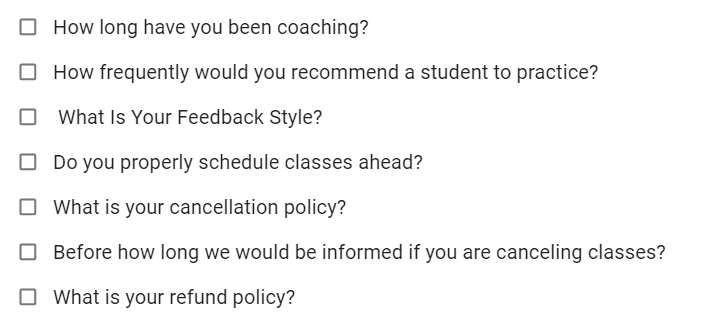
As a parent, see if your coach/academy can provide clear answers to these things.
The one big Red Flag you should pay careful attention to
Suppose a coach guarantee that they will make your kid a titled played in X number of years (usually 2-3 years) or promise a ridiculous amount of rating gain after a few classes are coaches. In that case, avoid them, as those things are impossible for most chess learners, and you will most likely end up getting scammed and disappointed.
Final Thoughts on identifying a great chess coach
Never forget that choosing the correct chess coach could positively affect your child and their development for years to come, not just on the chessboard, but also the personality development of your kid, so be sure to do so wisely.
Once you’ve found a few coaches you’re interested in, reach out to those coaches, and use the checklist above to find the coach that would work best for your kid.
Remember – There is no perfect coach or perfect method in this process. So let’s say a coach works very well for your friend’s kid. It doesn’t mean it would work out the best for your kid, too, but it could give you an idea that the coach is a good coach!
I hope this article will help you separate the wheat from the chaff when choosing a chess coach. If you know of anyone looking, to get a chess coach, ask them to read this article!
Wishing you the best in your chess improvement journey from Chess Gaja – India’s leading online chess academy with 100+ students from 12+ countries.
Regards
GrandMaster and FIDE Trainer Priyadharshan Kannappan
